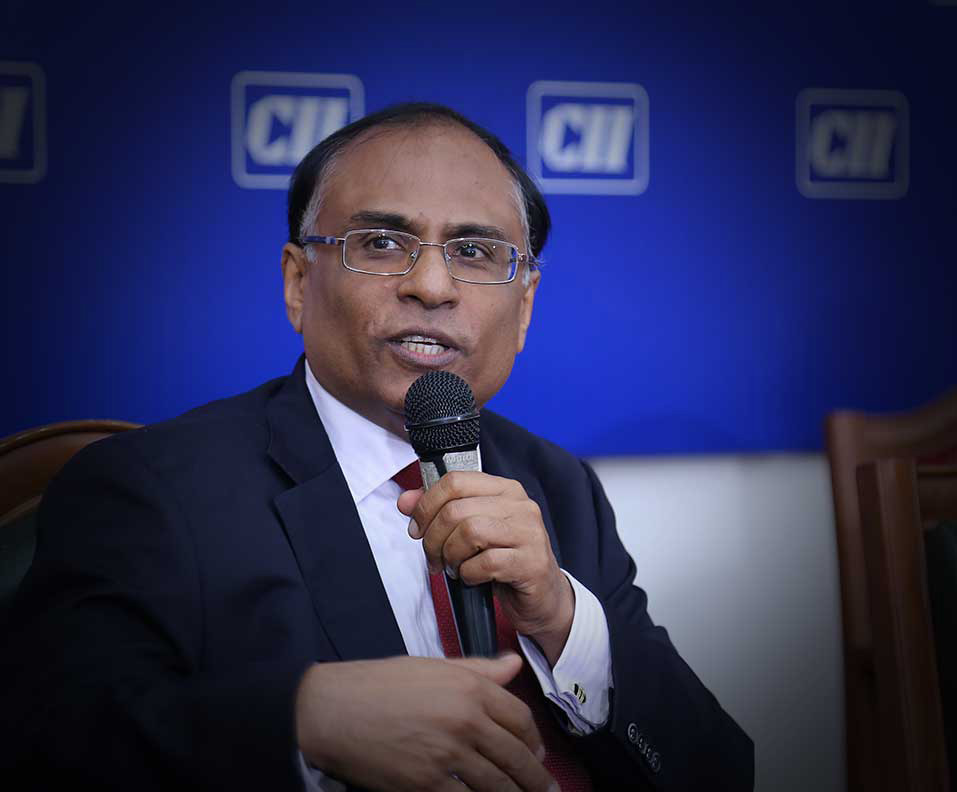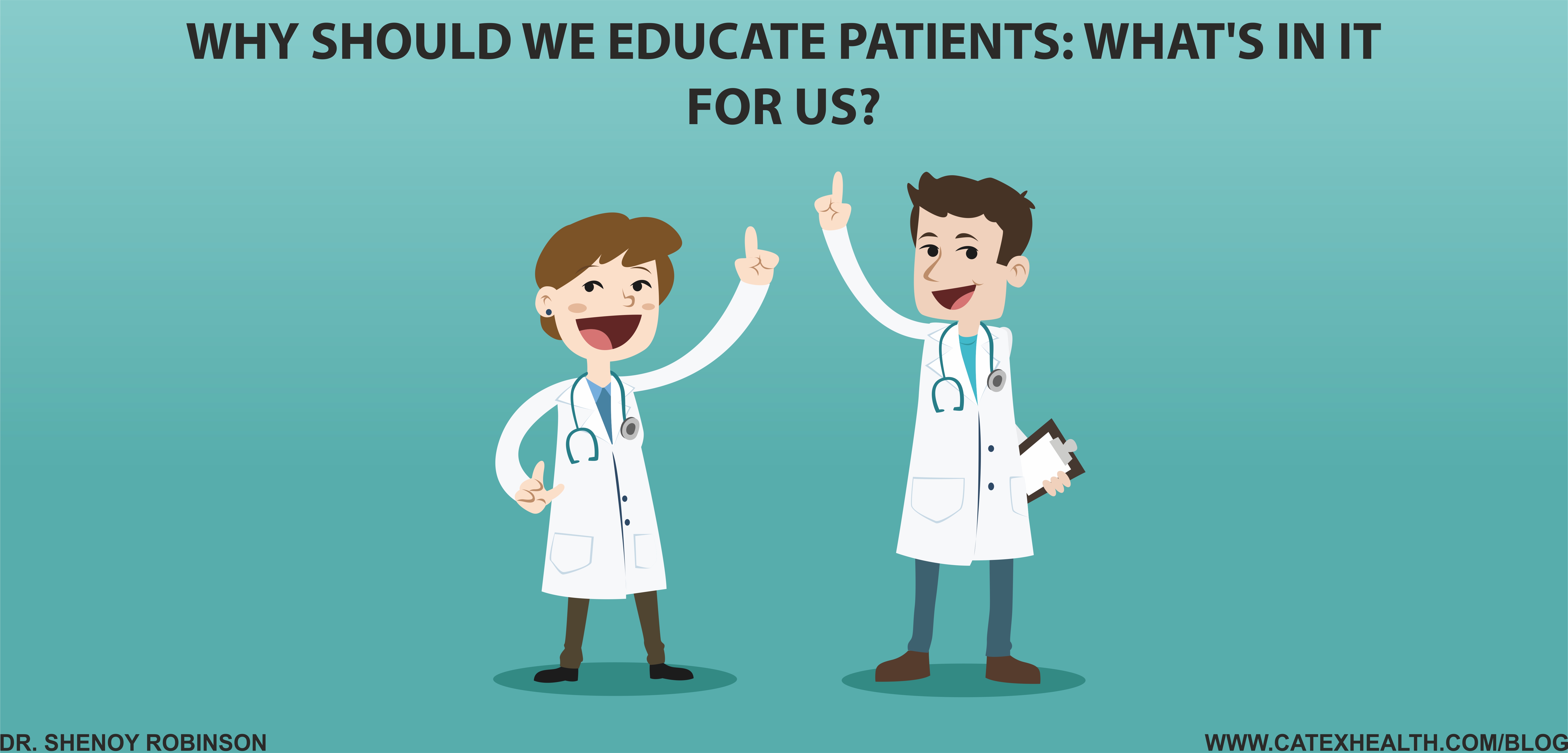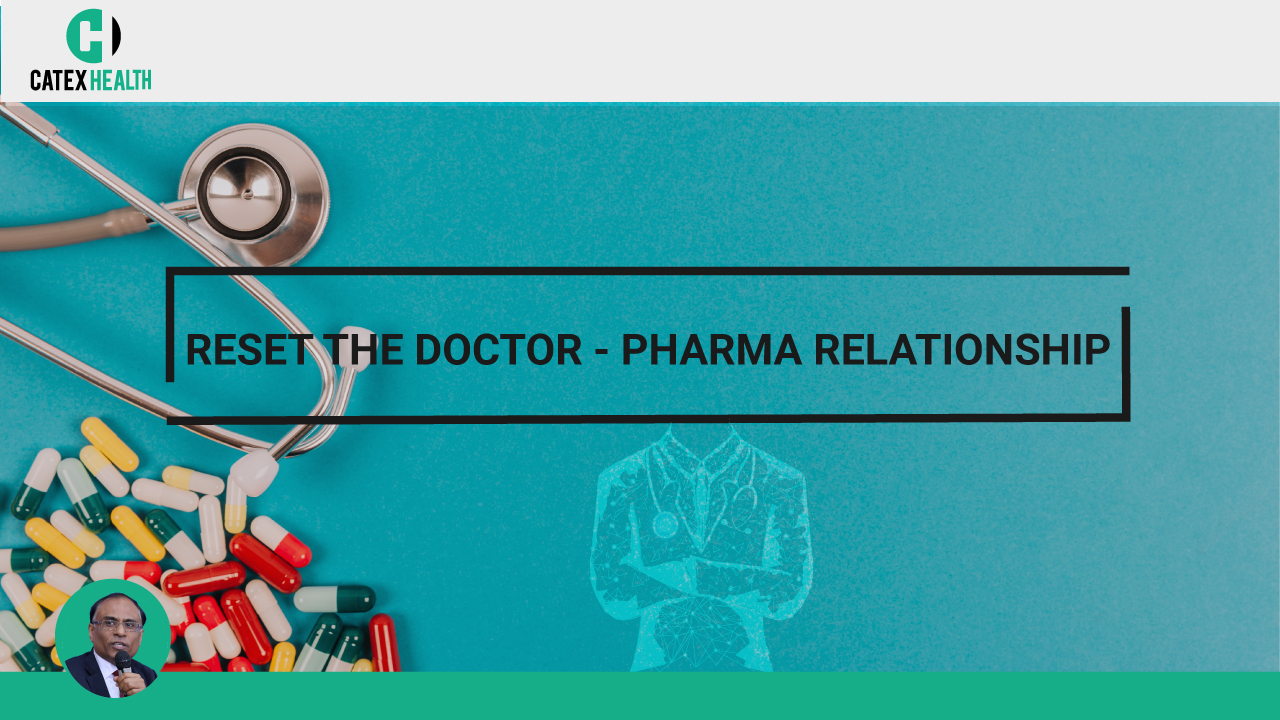Why should we educate patients: What’s in it for us?
Most doctors believe that their primary role is to diagnose and treat not educate. At best patient education is a marginal responsibility that can be easily carried out by other categories of healthcare personnel! Why should we waste our time and energy on this low value duty? What’s in it for us?
I hate to say this but most of us are oblivious of how deficient and incomplete patient education is directly affecting our personal clinical practices! Let me enumerate the advantages from effective patient education!
Improved Clinical Outcomes
Improved compliance leads to Better Clinical Outcomes which result in Improved health of the patient. A Healthier patient is a Satisfied patient who gives all credit to their well-being to their treating doctor! Great win for the doctor.
More Patients
Satisfied patients talk about how good their doctor is. In fact they can never stop speaking about their doctor! So the most powerful marketing “ Personal testimony” as now available without any promotion cost. This word of mouth publicity remains an unbeatable, powerful and effective personal marketing tool !
Better Conversion
Doctors know that conversion to a surgery or procedure is a difficult task and the best method is to educate the patient. Even if they go doctor shopping guess who will they ultimately choose to get operated by? You guessed right the doctor who educated them best!
Enhanced Branding
Your persona brand is enhanced when you educate the patient and develop a deeper engagement with them. Amongst many peers and colleagues you will stand out as far as the patients are concerned because the others are not educating as well as you are! Result a Differentiated practice
Reduced Litigation
Once the Patient is better informed their expectations are also calibrated appropriately! Hence less chance of litigation. Unfortunately, most doctors believe in the reverse. They think that the less the patient knows the safer it is for them. This is a fallacy! It is well documented that improved education reduces fear, anxiety and angst!
Doctors are best positioned to educate their patients. If they don’t somebody less qualified and competent will do so causing the patient to suspect and question in their minds. This will amplify dissatisfaction and anger leading to erosion of brand and increased chances of litigation!
We have enumerated 5 powerful reasons for doctors to focus more on educating their patients. It is understood that patient education has a positive direct impact on our practices leading to Increased patient volumes, Increased conversions and Increased earnings!
Food for thought! Doctors are best positioned to educate their patients. If they don’t somebody less qualified and competent will do so causing the patient to suspect and question in their minds. This will amplify dissatisfaction and anger leading to erosion of brand and increased chances of litigation!
Can we afford to continue in the same vein?
So, the question is how we do this effectively and efficiently without major investment of time and energy? That is a matter for my next article!




Trust building is a brick that cements all you mentioned …
Time somehow seems a stumbling block for many..
Numbers do not guarantee trust or confidence.
We learn ad we progress the ladder along the path of success
Thank you sir. Trust is critical. Will edit and add in future versions!
As a patient I notice, Doctors always struggling for time. The sheer volume of their work takes away quality conversations with their patients. Not only is this conversation and ‘education’ critical but is also reassuring to the patient. Engagement with patient helps build trust, which in turn leads to better results. I love doctors who engage, tell me more and also those who listen (are genuinely interested in their patients)
Technology enabled services can help doctors to engage better and deeper.
There’s no doubt that the reasons presented by Dr Robinson are hard hitting facts. The patient,though is far more aware than earlier generations were, is still unsure whether what he/she reads on Google is correct or not. It then becomes even more important for the clinician to educate the patient as it would dispel doubts as well as build confidence in the treating doctor. Yes, it may take a little more time but in fact shall ease their long term pain.The clinicians, once they realise this, shall actually benefit more than the patient himself.. sadly the commercialisation of the clinical practice has taken away this element from care providers.
Thank you for your insights.